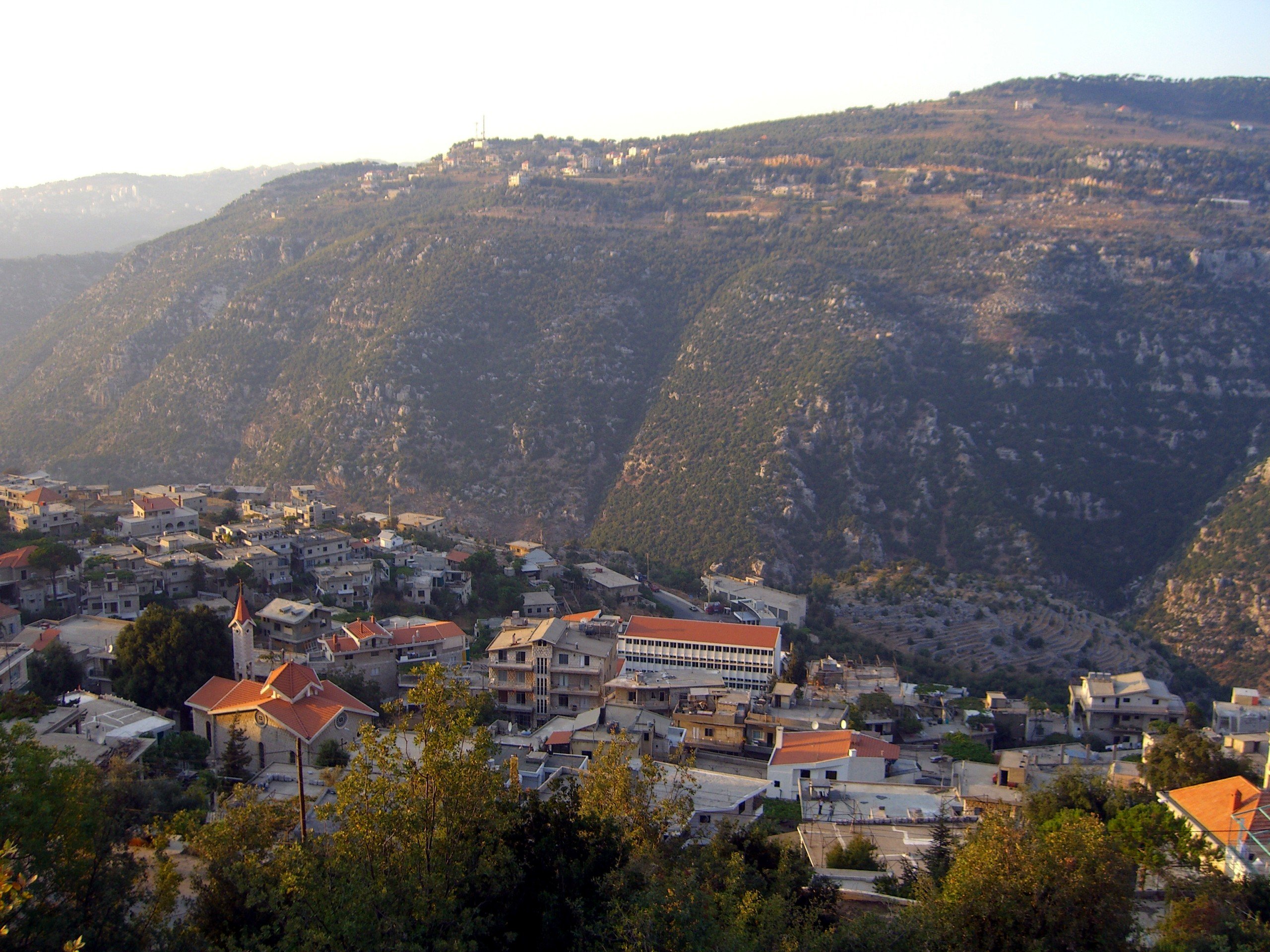Lebanon’s Wadi El-Jamajem: What’s The Story Behind Its Eerie Name?
Despite hearing the name Wadi El-Jamajem (Skull Valley) often, we finally decided to look into the reason behind its eerie name.Is it like Tripoli’s Rabbit Island? Do rabbits inhabit it? Does that mean Wadi El-Jamajem is a valley of skulls?
As you journey towards Bteghrine and Baskinta, you’re likely to encounter tales of Wadi El-Jamajem which span nearly 700 years.
Why is it called Wadi El-Jamajem?
Back in 1292, during the rise of the Ottoman Empire, a battle took place between the residents of Baskinta and its nearby villages and the Mamluk army. With a reputation for having strong command and control mechanisms in battle, the Mamluk army emerged victorious, resulting in the deaths of around 17,000 villagers by the time the battle concluded. The bodies of those 17,000 people who died in battle were thrown into the valley.
Previously known as Wadi Auloun, the valley earned a new name as Wadi El-Jamajem because it was filled with so many remains. The valley was deserted for years, and it was not until many years later that people returned to the region.
But wait…there’s another theory
There’s actually another folktale explaining the origin of its name! According to the tale, many years ago, a group of four young men ventured into the valley but later disappeared without a trace. Rumors spread that the valley had swallowed them up entirely. Years later, people stumbled upon their skulls within the valley, leading to its name, Wadi El-Jamajem.
One would never guess that such horrific stories surround the beautiful valley. Known for its breathtaking landscapes and greenery, Wadi El-Jamajem is actually quite the attraction for nature lovers.
If you’re feeling extra adventurous and want to discover Wadi El-Jamajem yourself, we recommend visiting the beautiful town of Baskinta while you’re at it.
It’s said that there’s a cave in the heart of the valley that connects the two mountains. Locals believe that a man from Qahtaniyah decided to venture into the cave and got lost in the process, but he ended up emerging on the other side of the mountain.
We don’t know about you, but we don’t think we’re in the mood for adventure. Maybe we’ll head to Tripoli and report back to you guys on whether the island has rabbits or not. We’d rather come across rabbits than skulls, if we’re being honest…

If you enjoyed this read, you might also like: 31 Arabic Words We Use That Are Also Found In Spanish.




